Physics
undergraduates
Physics at the University of Oxford
Physics is the study of fundamental properties of matter and their interactions, and as such it explores microscopic quantum fields, the atoms and materials of everyday life, planets, galaxies, and even the nature of space and time itself. Moreover, physicists apply the structural and analytical insights of the field to other endeavours, and as a result have impacted diverse fields from biology to economics to computing.
I would say that if you enjoy Physics it is well worth applying. The interviews sound scary but I enjoyed them quite a lot once I was there. Don’t worry about getting everything right in the interviews; it is how you approach the problems that is important, and of course a clear interest in the subject!
Jenna
The Physics course at Oxford, based in one of the most diverse Physics departments in the world, aims to take students close to the existing limits of knowledge in many aspects of the physical world. Our senior Hall physics tutors teach most of the core subjects which occupy much of the first 2.5 years, and the intense engagement builds a camaraderie amongst the students and tutors as the students take on increasingly independent projects, often situated in active research groups.
Many of our graduates have gone on to postgraduate study, and other prominent career paths include education, IT, finance, and consulting.
When you apply to Physics at Oxford, you must also register to sit the PAT, the Physics Admissions Test. The PAT is a two-hour paper which covers mathematics and physics with marks split equally between the two subjects. The PAT makes up the primary criterion when shortlisting candidates for interview. Some additional candidates are added to the short‐list, either because their test score may not reflect their true ability (such as candidates with medical certificates) or because their application shows other quite exceptional evidence of excellence, such as candidates with particularly strong GCSE grades from schools where such achievement is unusual.
Some of the PAT questions are on mathematics, but the physics questions are also rather mathematical. You shouldn’t need to be taking the Further Mathematics A-level (we admit a number of students without it), but the more practice you have with the mathematics you have learnt, the more adept and comfortable you will be when you need it. Do extra problems – the unassigned problems in your textbook, for instance, or ask your teachers about other textbooks.
Prof. Jeff Tseng, Tutor in Physics at St Edmund Hall
If you are shortlisted for interview, interviews will happen sometime in December. It is useful to keep in mind that your interviewers will want to see you relaxed and thinking calmly and clearly. One way to think of this is that in order to make admissions decisions, tutors are collecting measurements on the candidates; the interviews (typically, there will be three) are simply three more data points, and tutors want to base their decisions on good-quality data points which tell them something about the candidates. So interviewers also want your interview to go well – it gives the best data. If you’re nervous, take a deep breath and start again. If something isn’t clear, ask.
There’s no need to try and mimic the content of an actual physics interview, because that’s rather difficult. But what I’ve noticed is that for a number of students, their Oxford interview seems to be the first time they’ve ever sat down to talk about academic subjects with an adult stranger. That can be rather daunting. One thing which could help take the edge off of it is to arrange to have conversations with (for instance) a teacher who hasn’t taught you before.
Prof. Jeff Tseng, Tutor in Physics at St Edmund Hall.
It is important to remember that interviews at Oxford are academic – the content will build upon material that you have covered at school (or is on the PAT syllabus). Bear in mind also that it is very difficult to tell how well you actually did in an interview. This is because in the interview itself, tutors are generally less interested in how well you can do problems you’re familiar with, and more interested in how you think through ideas you’ve never seen before. So if you already know something, tutors are likely to speed by and go on to the next topic. This means that at some point, things may start to feel less familiar, and by the end, you may not feel that you finished the last problem. That will not be an uncommon experience among candidates, and is not something to worry about.
Why has the recent detection of gravitational waves been one of the most important discoveries in modern times for astrophysics? And what are the implications of the new Advanced LIGO gravitational-wave detector for future discoveries about black holes? Philipp Podsiadlowski (Professor of Physics and Tutor in Physics at St Edmund Hall, University of Oxford) explains. This is one in a series of short ‘Teddy Talks’ presented at St Edmund Hall’s Research Expo in 2017.
An introduction to pulsars: objects that have more mass than the sun but are only around 20km in diameter, possessing an extremely high rotational stability and a very strong magnetic field. Aris Karastergiou (Physics Lecturer and Senior Research Fellow at St Edmund Hall, University of Oxford) describes them as “nature’s ticking clocks” and explains how the changing rate of ‘ticks’ can inform you about the movement of the ‘clocks’. This is one in a series of short ‘Teddy Talks’ presented at St Edmund Hall’s Research Expo in 2017.
Our Tutors
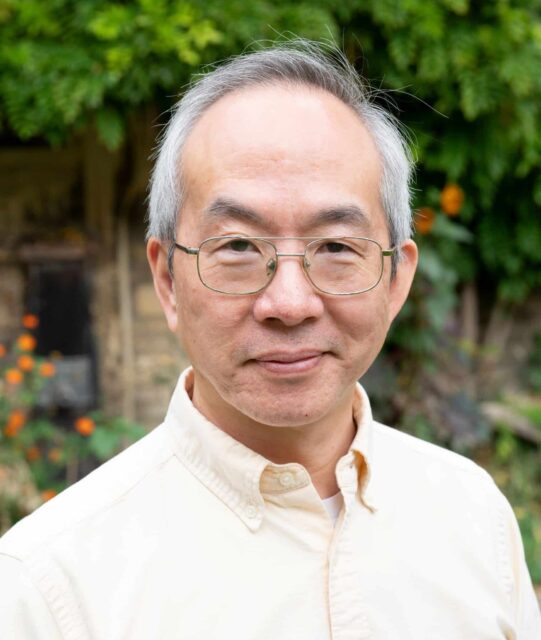
Jeff
Tseng
Professor of Physics and Tutorial Fellow
Professor Jeff Tseng is a particle physicist active on the SNO+ neutrino experiment, which is located 2km underground in Western Ontario. He specializes in the observation of neutrinos from astrophysical sources such as supernovae.
Jo
Ashbourn
Stipendiary Lecturer in Physics
Dr Jo Ashbourn teaches the first-year Maths courses and second-year Thermal Physics course, which covers thermodynamics, kinetic theory and statistical mechanics. Her current research is focused on theoretical aspects of solar physics and fusion plasma phenomena as well as a study of dusty plasmas and the creation of novel nanoparticles in high energy plasmas.
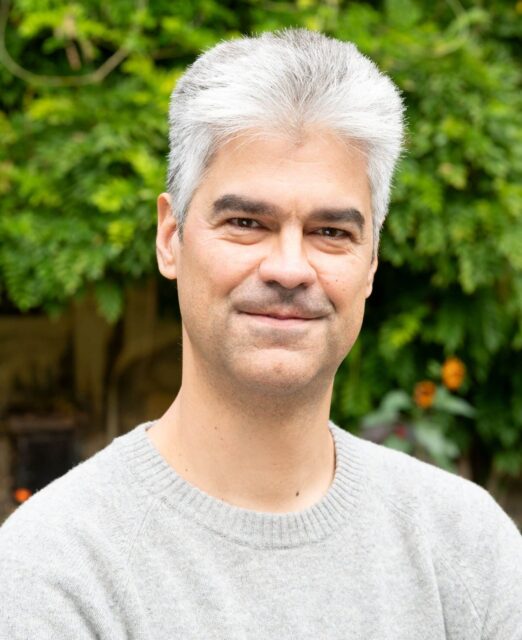
Aris
Karastergiou
Fellow by Special Election in Astrophysics
Professor Aris Karastergiou teaches the third-year papers ‘Symmetry and Relativity’ and ‘General Relativity and Cosmology’. He specialises in astrophysical problems related to pulsars, as well as observational and computational techniques to achieve pulsar science goals with next generation telescopes.
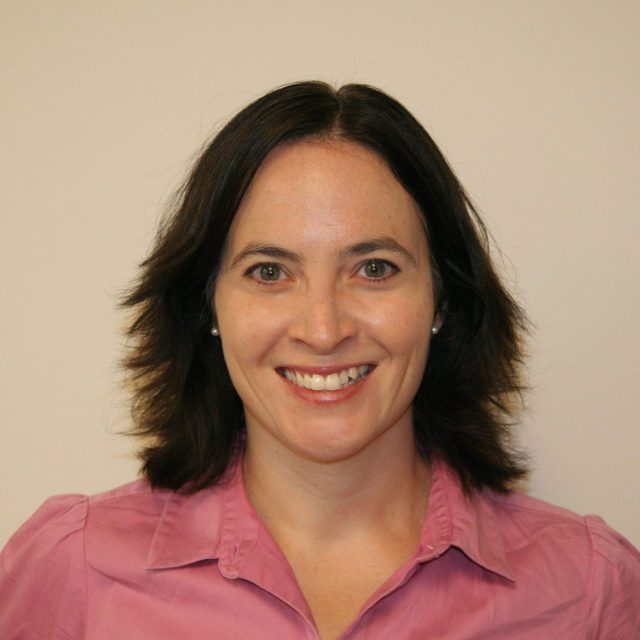
Carly
Howett
Associate Professor of Physics and Tutorial Fellow
Professor Carly Howett is an Associate Professor of Physics and Tutorial Fellow, and a Governing Body Fellow. Her main interest is finding new ways to explore our solar system through the development of new instrumentation, missions and ground-based observations.
Related Courses
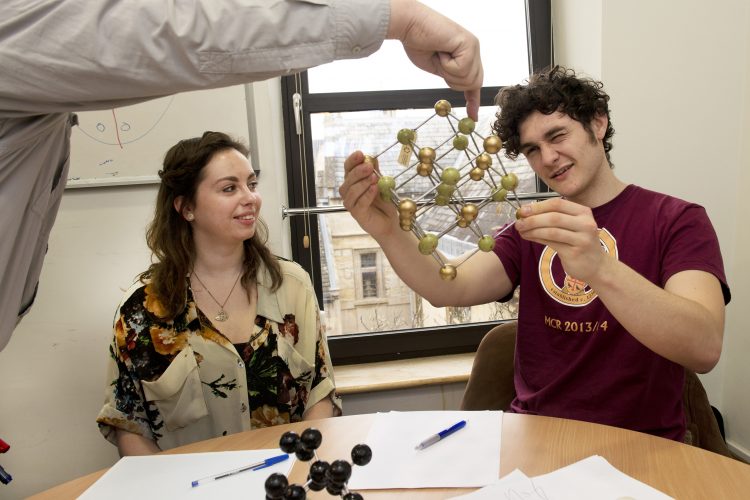
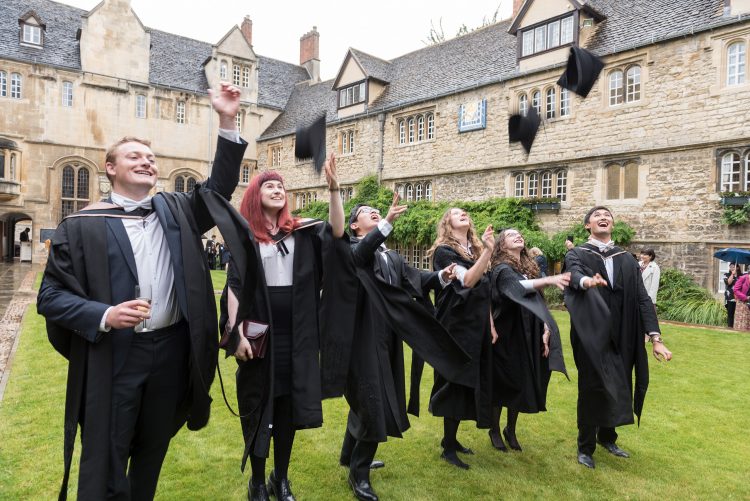
Related News
Physics research at St Edmund Hall
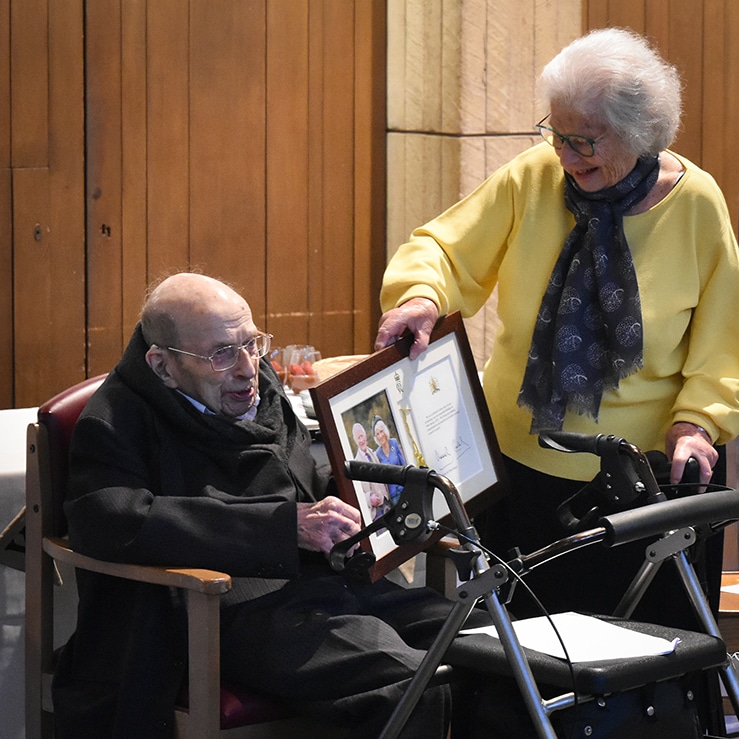
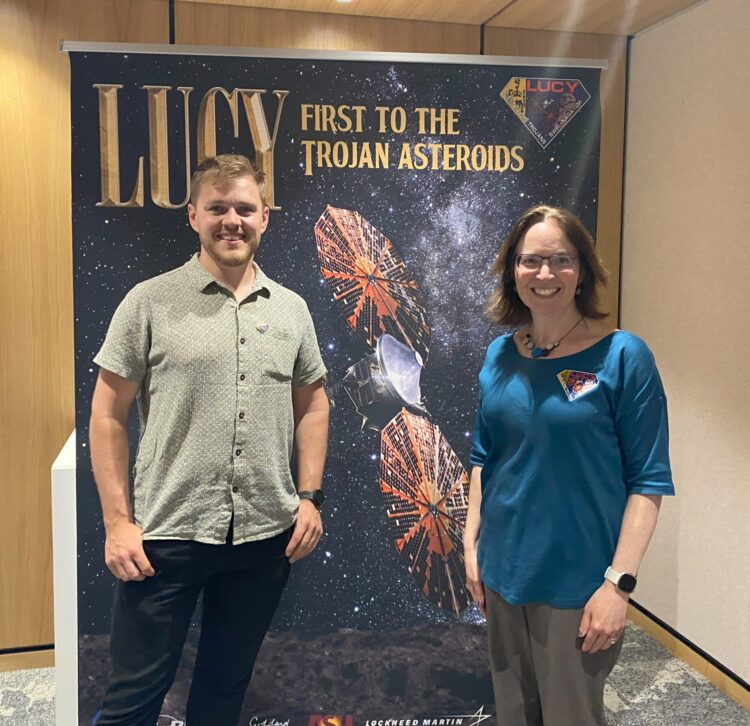
UCAS course codes
F303 (4 years)
Places available: 6
See syllabus and entry requirements for further information.